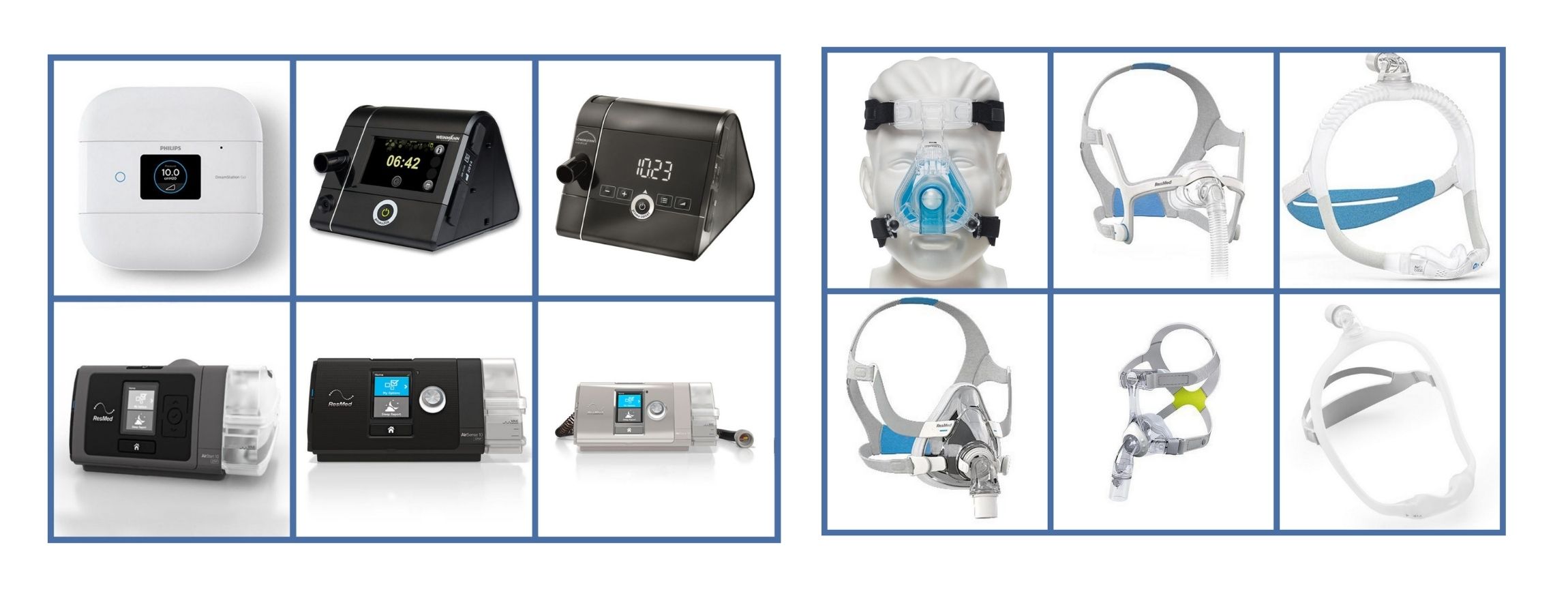Sleep assessment / diagnostic sleep lab service
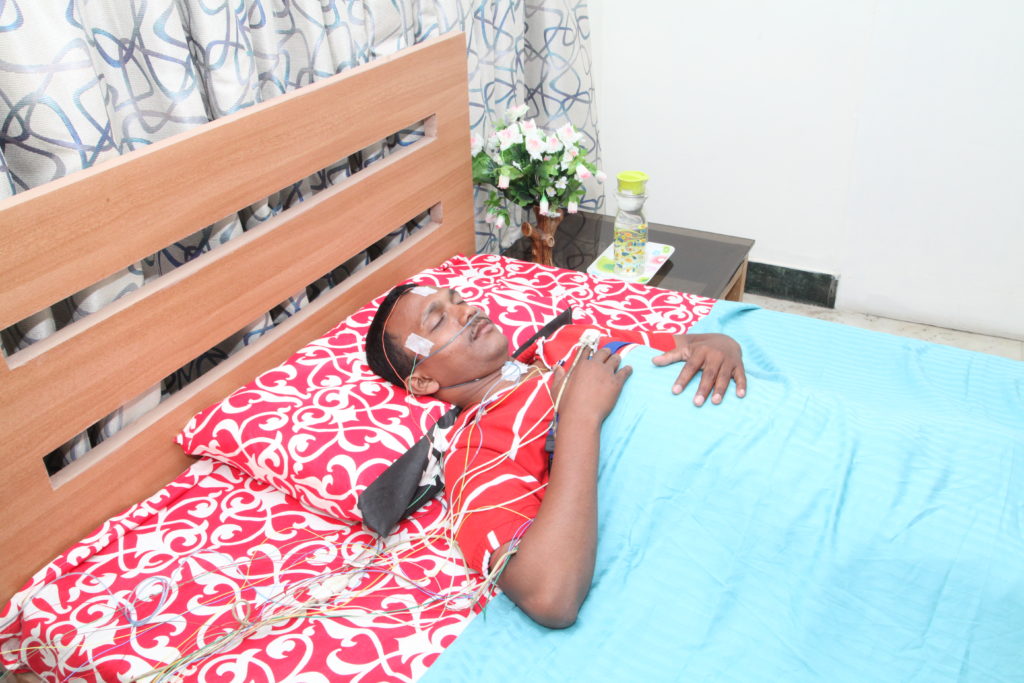
Full Polysomnography (Level 1 Sleep Study)
At Nithra, we conduct various types of sleep studies. A sleep study or polysomnography is a diagnostic procedure recording multiple parameters that identify different sleep stages and identify the nature and severity of the sleep problem. A trained sleep technician closely monitors all sleep studies at Nithra throughout the night and records the data. Subsequently, the studies are extensively analyzed through the process of ‘scoring’ and then interpreted by the sleep specialist, who plans treatment further based on the results.
- This study involves an overnight visit to the sleep centre.
- The study will involve various probes, and sensors like small discs (called electrodes) applied to your head and skin to detect activities in your body, including brain waves, muscle movements, eye movements, breathing (through your mouth and nose), snoring, heart rate, and leg movements.
- Flexible elastic belts around your chest and abdomen to measure your breathing.
- Clip on your index finger or earlobe (pulse oximeter) to monitor the oxygen level in your blood and your heart rate.
- With your consent, your sleep may also be videotaped to review any abnormalities observed during the study. The sleep technician will let you know if this is done.
- None of this process is painful and everything is designed to be as comfortable as possible. If you have questions or concerns about the procedure, our technicians are happy to address them once you arrive at the clinic.
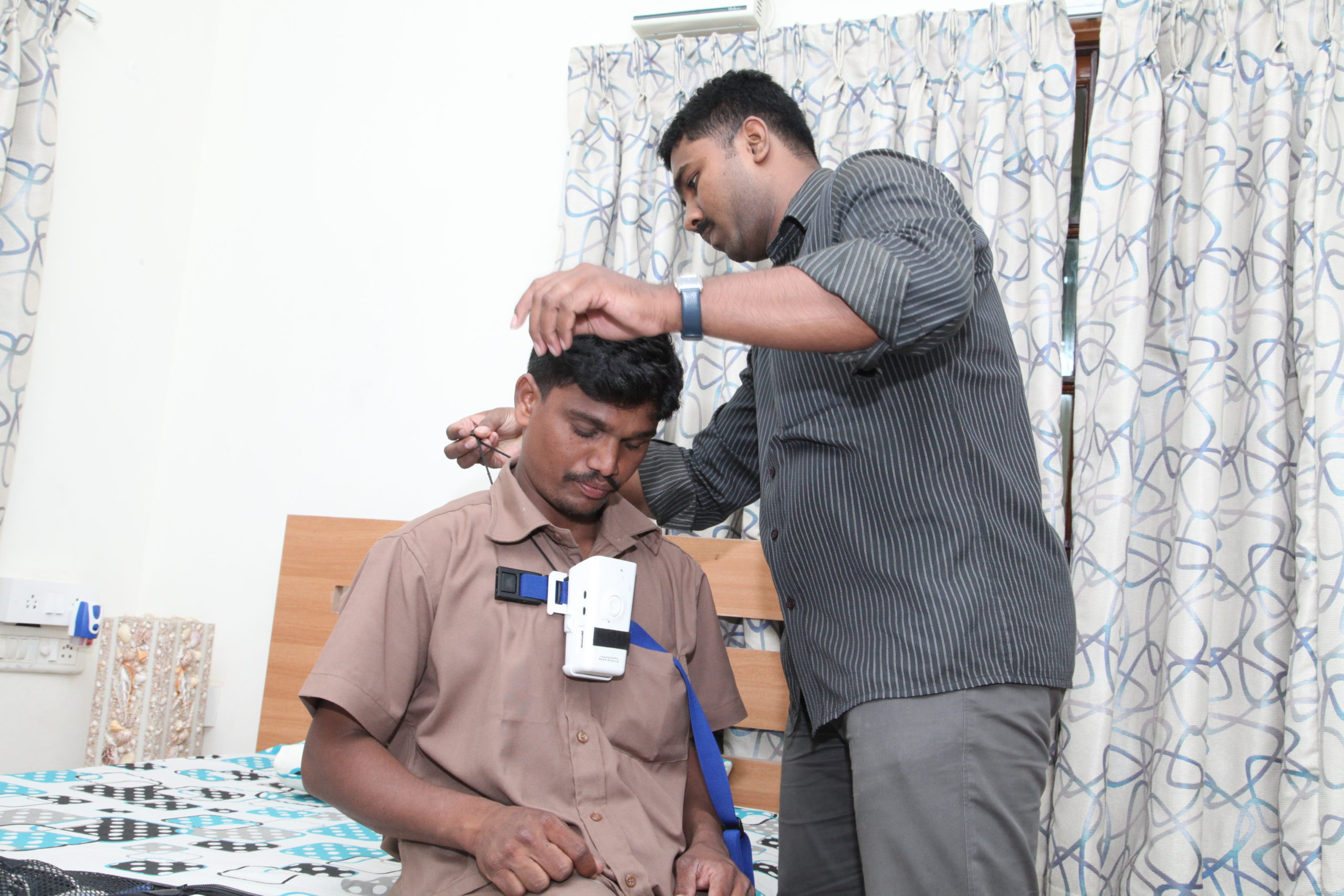
Portable four - channel cardiorespiratory sleep study (Level 3)
Although the overnight sleep study (polysomnogram) is the ideal way to analyze various aspects of your sleep, your doctor may choose a portable four-channel study to diagnose specific problems such as snoring and sleep apnea. These studies, referred to as cardiorespiratory sleep study or level 3 portable study, may be performed at the convenience of your home, a friend’s place, a hotel room or at any other healthcare facility.
- A technician comes to your place briefly at night (approximately 30 min) and hooks up a portable machine (almost of the size of a cell phone) – you will be able to freely move around and perform any routine activity with this equipment.
- The technician from Nithra will clearly explain how to unhook the machine the following day and will return to pick it up. The collected data is then analyzed, and you may schedule an appointment to discuss the results with your doctor.
- Please note that this portable sleep study may be an acceptable alternative in some situations but may not provide all the required information when a detailed analysis is required. It would be best if you discussed this with your doctor to ensure that the appropriate test is done.
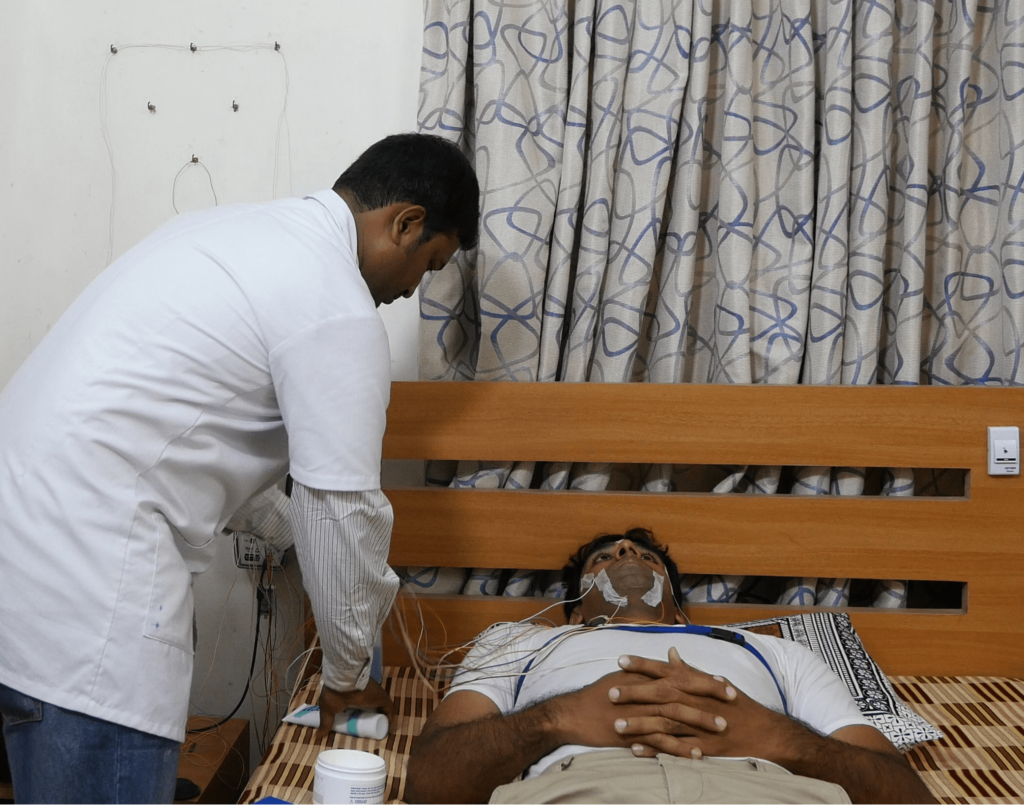
Multiple sleep latency test (MSLT) & maintenance of wakefulness Test (MWT)
- The Multiple Sleep Latency Test (MSLT) includes multiple nap opportunities during a day to analyze how soon the individual falls asleep and goes into deeper stages of sleep within that duration. The parameters looked for are onset of sleep and Rapid Eye Movement (REM) sleep, along with heartbeat and chin movements.
- Maintenance of Wakefulness Test (MWT), on the other hand, is a sleep lab-based study used to determine the ability to stay awake and alert.
- Both these tests are usually performed the day following the overnight polysomnography unless your doctor specifically approves that it can be done alone without a prior night’s sleep study.
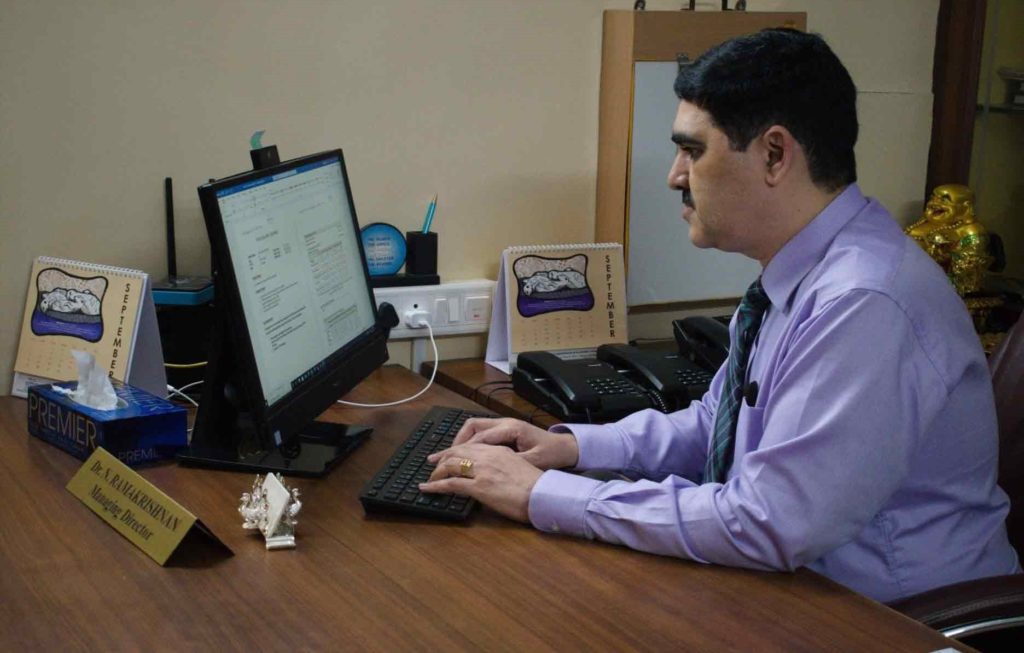
Sleep study scoring and interpretation
Sleep studies are being performed in labs and at home (portable) in many locations worldwide. It is important to have these studies appropriately processed (scoring) and interpreted; however, skilled sleep technologists and sleep medicine specialists may not be available in most of these places. Our sleep technicians are skilled in manually scoring the “raw data” recorded during various levels of polysomnography done anywhere. Our sleep specialists offer interpretation services, analyze and provide reports on these scored sleep studies sent from any lab. Interpretation of the sleep studies by certified sleep specialists helps other physicians provide appropriate care to their patients.
Positive Airway Pressure (PAP) Therapy
The sleep specialist might advise the patient to use PAP devices considering their clinical profile and sleep study report. Our team educates the patient on the use of PAP devices and their maintenance, and personally helps to clarify any queries.
